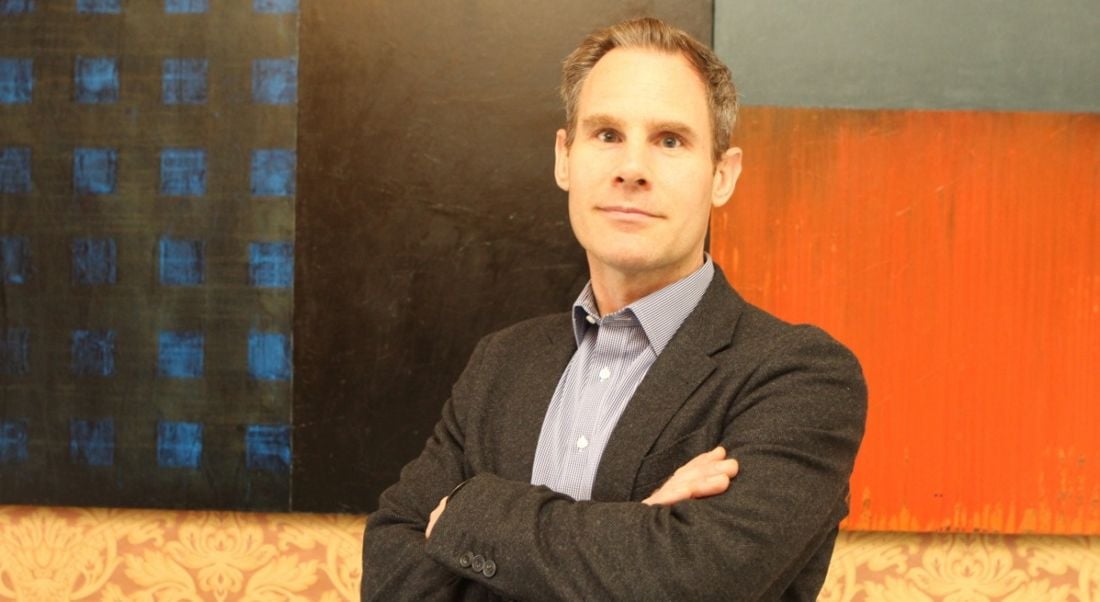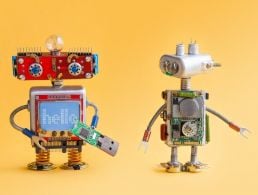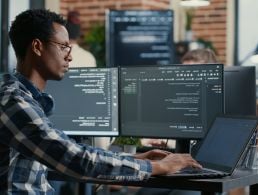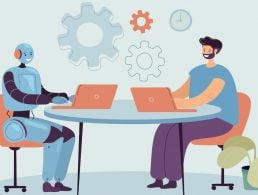The robots are coming, but are they a friend or a foe? We checked in with Laurence Buchanan from EY to discuss the various ways automation could affect both employees and employers.
Automation well and truly is the future, and its effects are going to be felt in all aspects of daily life – including how we work.
What changes can workers expect? To what extent has automation already transformed modern working life?
These are huge, difficult questions to grapple with, and so we decided to sit down with Laurence Buchanan, lead partner for digital with EMEIA advisory at EY, to hear his perspective on how the future of work is going to be affected by these emerging technologies.
“The internet of things is going to create vast amounts of data that’s going to feed into the AI that, in turn, is going to make the AI smarter and our ability to automate greater,” Buchanan explained.
As it stands, Buchanan told us, most contemporary examples of AI and automation focus on the use of straightforward pattern recognition and rule-based automation.
“The technology will scan defects in a production line or forms being filled in with a tick or a cross, and apply a certain set of rules through the organisation.”
He added that society stands at the precipice of great change. “We’re on the cusp of ‘big data’ becoming truly, truly ginormous as we start to digitise every single aspect of life. Now at that stage, I think the AI will evolve greatly. Data is the fuel that drives AI.”
It can seem overwhelming, even frightening, but Buchanan remains optimistic that automation will help society rather than harm it. It will do away with menial tasks that humans neither enjoyed nor benefited from in the first place, freeing up the mental space for more creative and higher-order thinking. It’s a great boon for the employee as well as increasing productivity for employers, so everyone wins.
The idea that robots are going to replace humans neglects one simple fact: people still want the human touch.
“Think about medicine, for example. AI may help a doctor make a better diagnosis but you’re still going to want the human interface of a doctor.”
It will be “less-debated trends”, such as the ethical and philosophical implications of emerging technologies, that will have the greatest impact on how companies operate.
Companies can expect that they may end up debating classic thought experiments such as the Trolley Problem when considering the design of products.
“Say you’re an automotive company, you’re moving into the area of self-driving cars – boards are going to face real ethical questions and dilemmas. Two driverless cars crash – how does the car choose what to crash into?
“That’s an ethical question; it has nothing to do with technology at all, and it’s an incredibly challenging question as well,” said Buchanan.
To hear his interview in full, check out the video above.




